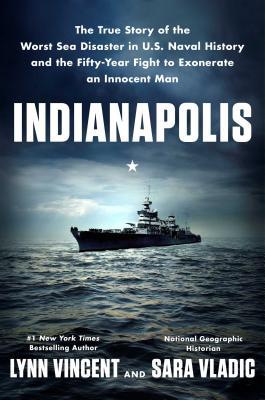Disir
Platinum Member
- Sep 30, 2011
- 28,003
- 9,620
- 910
Completed: Women in Greek Myth by Mary Lefkowitz. This came out in the '80s. It's right after a bunch of books came out in the decade before incorporating feminist theories into the subject. At first it was fun because she is going through pointing out what information is available and what isn't and calling out other interpretations.
Unfortunately, at the end she cites Edward Gibbons as a source for something. He's not a legit source. I get this is an old book. I don't understand how anyone could be so detail oriented and still consider him to be a source at any time.
Unfortunately, at the end she cites Edward Gibbons as a source for something. He's not a legit source. I get this is an old book. I don't understand how anyone could be so detail oriented and still consider him to be a source at any time.

